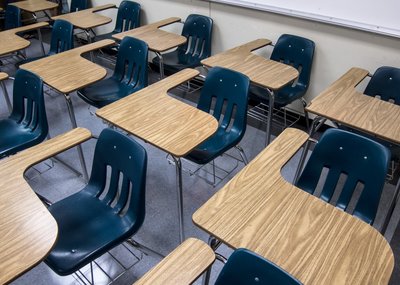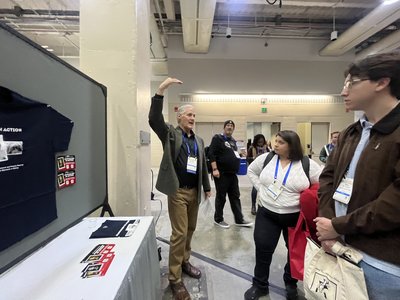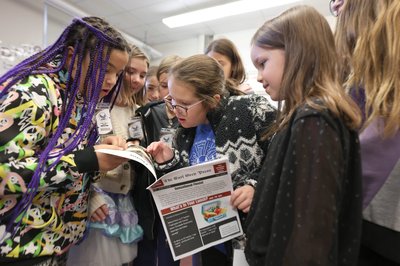by Patricia M. Virella, Ph.D
I could see something was wrong. She typically would run to my car once she saw me, but on that day her body was slumped forward, her head was down, and she walked slower than usual.
I knew something was wrong.
She got in the car, and I asked, “So, how was school? You look like something is bothering you.”
“Someone called me 'n—–' today.”
A bunch of things ran through my head. I held her hand, and we talked about how she felt. She said, “I don’t know how to feel about it.”
I, however, was furious and sad.
By the time we got home, her school had contacted me, alerting me to the incident and that an investigation would occur.
I’ve worked in schools in New York City for more than 10 years and received my doctorate in educational leadership, yet I felt ill-equipped at first to handle this situation because this was my daughter . She is my sweet girl who loves horses and sings all the time. I recalled my training and began to devise a plan that would demand accountability and share the impact of this event on our family.
I recalled my training and began to devise a plan that would demand accountability and share the impact of this event on our family.
Before the meeting, I remember saying to my ex-husband, “Don’t be surprised if they disagree with us. We will advocate and speak our truths.” This is important for many reasons, but most importantly, this localized racism needs to be unpacked, and the impact has to be discussed.
The four agreements from Glenn Singleton’s “Courageous Conversations” are “stay engaged, expect to experience discomfort, speak your truth and expect and accept a lack of closure.” I drew on these agreements to share our truth.
Both school administrators are white, which is not uncommon in schools in the U.S. Despite the amicable relationship with the admins, it was hard to describe the impact of racial harm and trauma that my daughter faced.
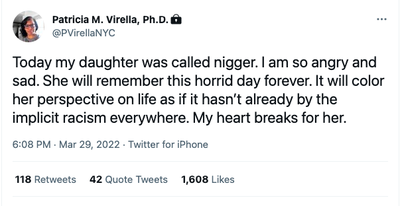
My advice to parents preparing for a similar conversation is to make it plain. Explain how your child came home, what questions they had and how you answered them.
There were several times I was close to tears because my daughter will never forget this day. Prepare yourself that your racial trauma may surface during this conversation. These conversations are ugly — racial slurs are nothing but — yet being authentic helped me face the flagrant racism my daughter experienced and to advocate for her safety.
I also recommend finding your school’s code of conduct. The code of conduct in any school sets parameters for student behavior. I wanted to look at the language used when incidents of racial harm occur. I was struck by the lack of specificity about racially harmful language in the code of conduct but found guidance that showed suspension or restorative practices (an approach to making amends) would be used.
These conversations are ugly — racial slurs are nothing but — yet being authentic helped me face the flagrant racism my daughter experienced and to advocate for her safety.
I printed the pages and highlighted the areas aligned with what had happened to my daughter. These became helpful in the meeting when, as I mentioned above, the school administrators discussed performative responses like requiring the other child to write an apology letter.
Acts of racial harm are severely traumatic, and new research has shown that these events are similar to post-traumatic stress . I am a firm believer of logical consequences and the code of conduct is there for that reason. Do not be afraid to ask for consequences that go beyond an apology letter, aligned to the code of conduct.
It can also be a good idea to ask for a report to be submitted to the state. Policies on how to respond to hate and bias vary by district and state, but submitting reports to the state as an avenue of grievance should be available. Ask for the principal to prepare and submit a report to the state and forward you a copy of the submitted incident report.
Do not be afraid to ask for consequences that go beyond an apology letter, aligned to the code of conduct.
This helps in two ways: 1) you have a record in case it happens again, and 2) it forces the school to take action and addresses issues of hate and bias on their campus.
When we met with the principal, I brought up the school’s web page and asked when the anti-racist resources they had posted would be implemented in the school. I didn’t want a superficial change. I wanted accountability and action.
Often parents meet with the principal or other school leaders who conduct the investigation. Be sure you know who is involved in the investigation and who will be supervising the class.
Three teachers rotate in my daughter’s class. All three were notified as soon as the slur was said. I recommend requesting a meeting and asking the teachers, “How will you plan to keep my child safe?” While they may not be able to hyper-focus on every little thing that happens in their classrooms, general student well-being and active monitoring should be a part of every teacher’s practice.
I wish I could say that this incident’s impact decreases with time. It shows up in conversations or recollections about the school year. I think we tamp it down in order to endure. While there is no advice I can offer to assist in the everlasting trauma if something similar happens to your child, advocating for your child in these ways may help in demanding a change.
ABOUT THE AUTHOR
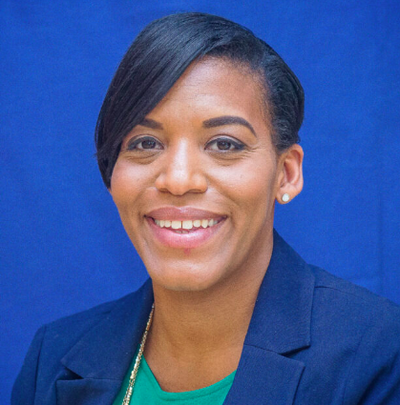
Patricia Virella, who has a doctorate in educational leadership, applies critical lenses and qualitative methods to investigate how school leaders enact equity-oriented leadership when crises occur. Virella also investigates how educational reform policies shape school leaders' equity-orientation and impact districts that serve marginalized communities. She seeks to answer research questions to enable transformation and liberation in school leaders, districts and policies.
If you would like to contribute to PBS NewsHour Classroom's Educator Voice blog, please send your idea to education@newshour.org.
